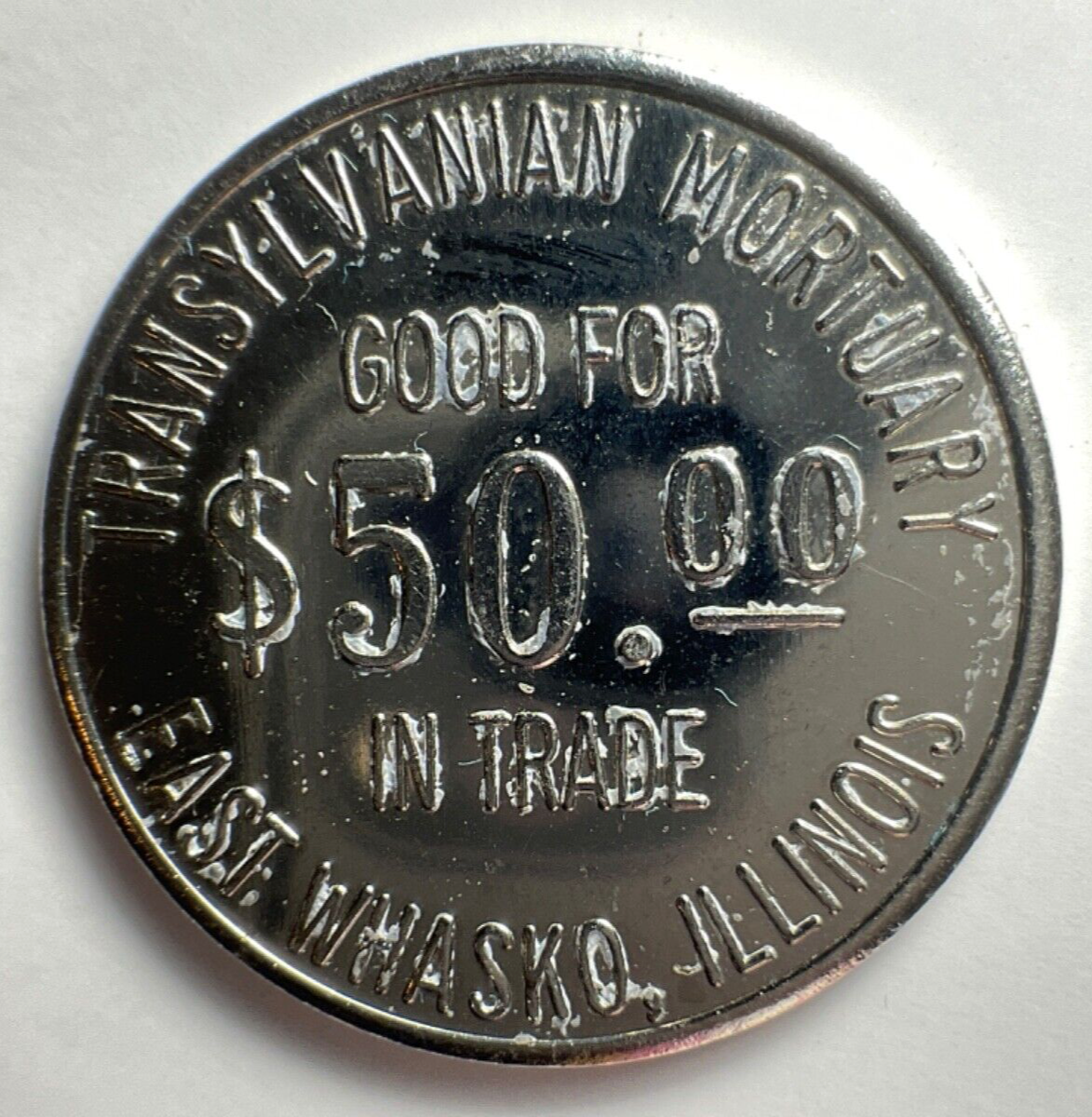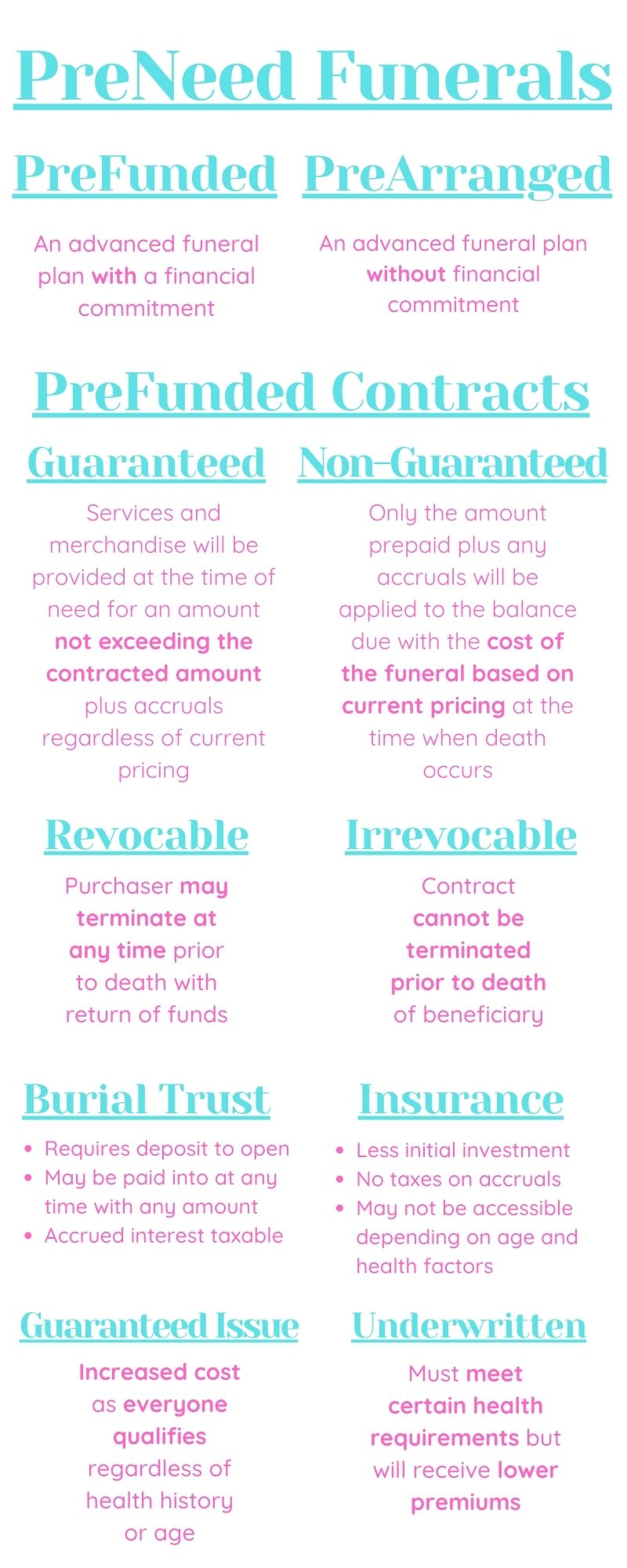“For every minute spent in organizing, an hour is earned.”
– Benjamin Franklin
While planning for the inevitability of your own funeral might seem macabre or scary, there is more history in funeral preplanning than you might think. Dating back to at least the ancient Romans and their burial clubs, which functioned in much the same way as modern funeral insurance. Members paid regular fees and upon their deaths, both a burial place and care for their widowed partner were guaranteed. As Roman society became increasingly urbanized, these clubs helped members to cope with the anxieties of potentially dying without family to organize a funeral or money with which to pay for their final expenses. These concerns and similar solutions can be seen throughout history since then, with craft guilds and fraternal organizations that developed in the Middle Ages providing burial funds and care for the orphans of their members. By the nineteenth century, there were something close to two hundred such burial clubs in London alone. These highly selective organizations would charge a weekly fee to spread the cost of burial amongst their members.
Around the same time in the United States, the Civil War saw the proliferation of field embalmers who would set up their tents on or near the battlefields. They could be paid in advance by soldiers to preserve their bodies for shipment back home in the event of their death. These embalmers gave the soldiers either a card or a token that showed the name of the embalmer and the value of the service for which they paid. The cost of such services at the time ran around fifty dollars for officers—a hefty sum when the average yearly income for Americans at the time was less than four hundred dollars. This practice saw the beginnings of the American funeral profession as it is now, with cabinet makers becoming casket sellers, carriage services becoming hearse liveries, and surgeons becoming embalmers. Eventually, General Grant revoked their permits and ordered that these embalmers and their preparation tents be removed from the front lines, as he believed they contributed to low morale. But the practice had already taken hold, with more and more Northern families of means paying to have their dead returned home for burial instead of being placed into battlefield mass graves.
Flash forward to our modern funeral practices and not much has changed, we still have those same anxieties and fears. Who will pay for our funeral, who will organize it and carry out our wishes? How much will all of that cost? Most people have not experienced the funeral planning process that takes place following the death of a family member or close friend. It can be a daunting task that which society leaves people ill-prepared to endure. Thus, most people don’t know that there are around eighty decisions to be made, or points of information to be gathered, during the process of funeral arrangements. That’s a lot of ground to cover when someone is already overwhelmed by the enormity of a loss. When we are grieving, all our normal brain functions, like making plans and decisions, are being pushed to the back of the line because we simply do not have the mental resources to deal with them while we are processing the loss of our person. Planning ahead ensures that no detail is missed while we are in that fresh, raw grief and helps ease the burden on the people who love us during one of the most difficult experiences of their lives.
Did you know that you can prearrange your funeral at a funeral home without paying anything at all? After you check out all your funeral options and discover what you want, put those plans in place with a funeral home you trust, and they will know exactly what to do to help your loved ones when the time comes. Many funeral homes have a preplanning specialist on staff who will be happy to guide you through all the important decisions. They will make an appointment to sit down with you and talk through all your options, pick out the funeral goods and services you want for yourself, and ensure that you have all the necessary documentation in place so your plans can be carried out as smoothly as possible when the time comes. You can do all of this without putting any money towards those future services and merchandise, though it is important to note that not all funeral homes will keep an unfunded preplan on file. Always get copies of your plan!
You can take extra steps to alleviate your loved ones of the financial burdens a funeral can bring by purchasing burial insurance where available or setting aside funding into a funeral trust if you are able. These options vary by state and some, like New York, only allow funeral funds to be placed into trust, while others, like Ohio, allow for the sale of burial insurance. With insurance, depending on the company, you may have no money down to start a plan and typically pay a set amount in regular installments. This can be an easy way to get started planning if you do not have a large amount of money to secure the opening of a trust, which typically requires an initial deposit. Though a trust offers a more flexible payment option if you have the funds to open it initially, with future payments being as much or as little as you like, at whatever frequency you are comfortable.
Some funeral homes offer guaranteed plans, which means that the funeral home sets the prices of the funeral goods and services you select when the preplan is made and will honor those prices at the time of providing those goods and services. If you prefund a funeral now and services don’t take place for another 20 years, your family won’t be charged a penny more for the services provided by the funeral home. There are two instances where your family may need to pay a difference on the funeral bill with a guaranteed preplan—the first is if they want to change or add services and merchandise that weren’t on your original plan, like adding a memorial service if you had only planned for a direct cremation. The second is if the prices have gone up on what are called Cash Advance Items, which can be either services or merchandise obtained by the funeral home paying a third party on your behalf. Cash advance charges are typically for things like florists, clergy honorariums, cemetery or crematory fees, and death certificates, among many other things.
With burial insurance, both guaranteed and non-guaranteed plans are typically available, with non-guaranteed plans being cheaper because the prices are not set and can go up over time, with the family owing the difference between what the original price was to whatever the current price may be. These types of plans are less of a financial investment up front, but don’t pay off as much if there is a long duration between purchase and need for the services. Burial insurances also fall into two enrollment categories, which are Underwritten policies, meaning that the funeral director must ask health questions, typically two to four based on general health history, which will determine eligibility and cost of the plan. The other category is Guaranteed Issue, which means that everyone qualifies, regardless of health history, though the cost of the plan is typically higher.
Many funeral homes offer a preplan guarantee for trust accounts as well, setting their prices on the contract once the trust amount meets the cost of selected goods and services, they will deem the preplan guaranteed and discount the difference in their own prices at the time of death. It is important to note that trusts slowly garner interest, with the idea being that the money made by the investment will help cover the price increase of those cash advance items that don’t fall under a preplan guarantee. Be aware that the interest accrued in this way is taxable, however.
Any time a preplan contract is made, whether it be for a burial insurance plan or a funeral trust, you can change funeral homes at any time. If you decide that funeral home isn’t right for you, or if you move out of the area, you can use those same plans and funds at any funeral home nationwide, though they do become non-guaranteed if spent at a different funeral home. You will still receive the amount of money put in, but there may be a balance remaining if the new funeral home’s prices aren’t the same.
Prefunded funeral contracts can also be revocable, which means you can terminate it at any time prior to the death, with a return of funds, or irrevocable, which means they cannot be cancelled prior to the death of the beneficiary. Irrevocable funeral contracts are notably a valid expenditure towards Medicaid Spend-Downs for families looking to qualify for assistance. In some states, such as New Jersey, prepaying your funeral will not affect your eligibility for these programs, and funds you set aside for funeral prearrangement are not subject to Supplemental Security Income (SSI) and Medicaid “look back” requirements, and earned interest on these funds will not count as income going forward. Every state allows you and your spouse—and some your domestic partner—to set aside a burial fund of up to $1,500 per individual. These plans can be an excellent and easy way to set aside money that will help your family in the long run.
Whether you are able to prepay for a funeral yet or not, getting those prearrangements done is beneficial for everyone. This ensures that your loved ones and your funeral home know what your wishes are and will be able to carry them out without doubts as to what your wishes were. If you’re not ready to walk into a funeral home to preplan, set aside some time to think about what you would like for your funeral and write those thoughts down before discussing them with friends or family. You can also download a free preplanning workbook from our website and record your wishes in it as either a print-out or a form-fillable PDF. Talking about our own death is difficult, I know. Death is the ultimate out of control experience and even thinking about it can make us anxious. The best way to alleviate those fears is to have these tough talks and to put plans in place to ensure things go smoothly when that time comes—a final act of care and guidance for the people we love most.




